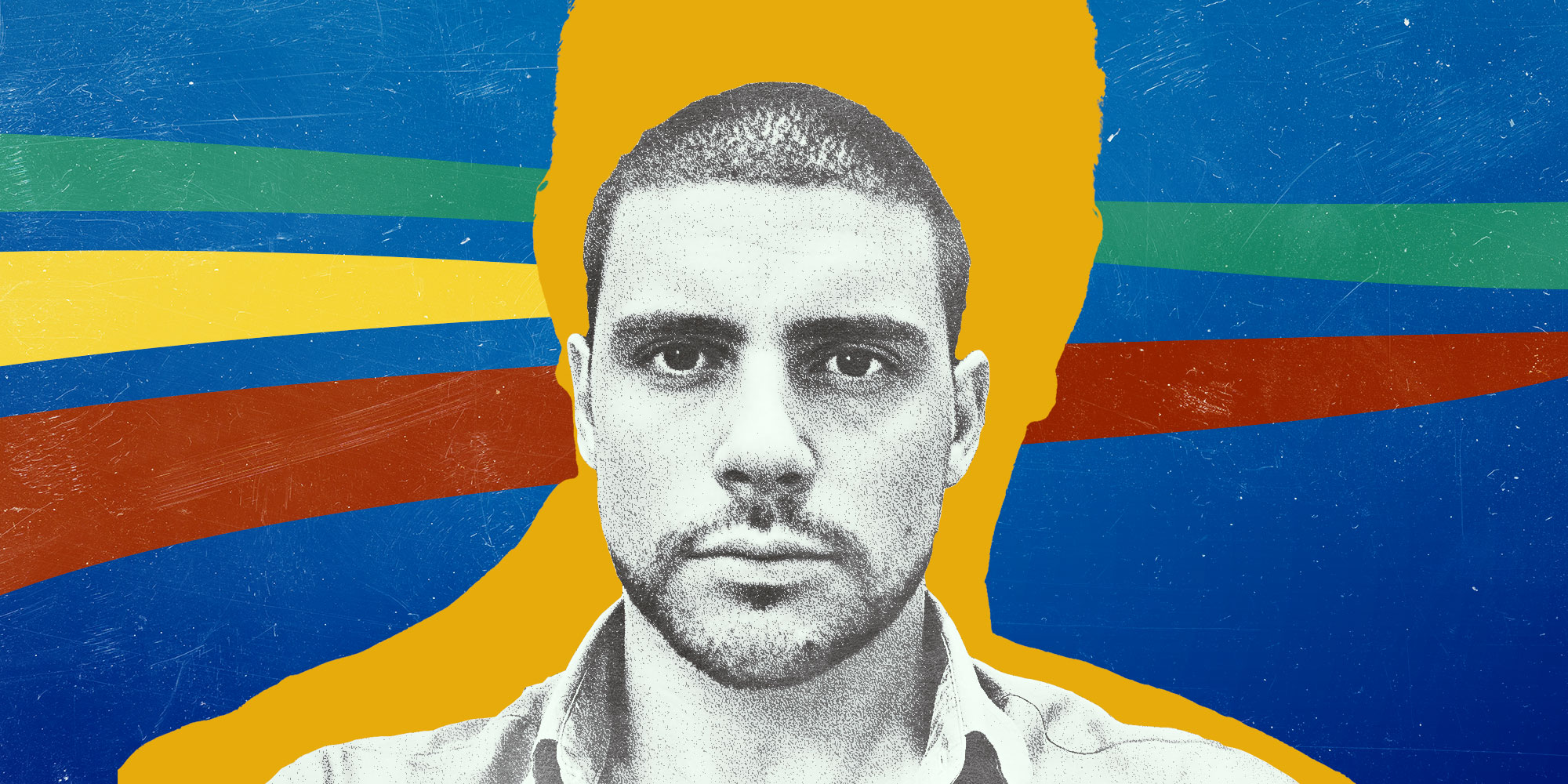There is no indication as yet that the agriculture minister and DA leader, John Steenhuisen, will revoke his decision to appoint Roman Cabanac as his chief of staff. While he has defended the appointment, Steenhuisen has not substantively dealt with the real problem — that Cabanac has consistently publicly espoused bigoted views.
Read more: Steenhuisen’s podcast bro appointment of Roman Cabanac is a low for the DA
Cabanac has deleted most of his social media posts, which shows that he believes he has something to hide.
This means that just weeks after the ANC took what was a difficult and historic decision to work with the DA, a party it has always accused of being a bastion of white privilege, the leader of the DA appointed to a government position a person who has regularly espoused racist views.
While the DA has frequently denied charges of racism, the fact that its leader has appointed someone like this to a government position will not go away.
Rather, it may come to symbolise both the DA and its relationship with the other coalition partners. It is not only that they may use this against the DA politically, but that they will feel personally affronted by the appointment of a bigot.
This feeling is likely to be shared by millions of voters.
And while the coalition government includes people of many different views, none of them has called President Cyril Ramaphosa a “p**s”.
Qualifications be damned
The latest furore follows a long history of scandals involving appointments made by ministers in their private offices. It has been one of the most enduring sources of outrage in SA over the past 30 years.
This is mainly because so many appointments have been made without the appointees having any obvious qualifications for the job.
The best example of this was 10 years ago, when Thuthukile Zuma, the daughter of then-president Jacob Zuma, became the chief of staff to then-communications minister Siyabonga Cwele. (Cwele is currently SA’s ambassador to China.)
At the time, the DA was outraged. Its national spokesperson told the Mail & Guardian he had several questions about the appointment, including, “Was it advertised? If not, why not? What criteria were set for filling the position, and what influenced the consideration? If it was based on the CV, I’d like to know what other CVs were looked at.”
Every single one of those questions could now be asked about Cabanac’s appointment.
Worse for the DA, it appears that Steenhuisen is also asking for permission to appoint more people who do not have the proper qualifications. To do this, he needs an exemption from the usual rules.
To an extent, this practice has always been the case in the SA government.
The most extreme case involved former public service and administration minister Faith Muthambi.
At one point in 2017, she had appointed 27 people to her private office. This was way above the legal limit. Many of those people were described as “uncles and cousins”.
The formation of a coalition government was likely to lead to this kind of abuse, as was pointed out on these pages some time ago.
Read more: Perks, Patronage, Power: The incoming coalitions will necessitate more abuse
In a country with such ingrained poverty, giving politicians the legal right to appoint 11 people was always likely to lead to a situation where they appointed friends and relatives.
People in government might well feel they have an obligation to help members of their families or communities, particularly if they feel those people made sacrifices to help them achieve their success.
Adding politicians from parties other than the ANC to the government was always unlikely to change this.
Read more: Helen Zille unplugged: DA is neither racist nor arrogant
Politicians can also use this power for other reasons.
Sometimes, it is simply because they trust their appointees and want the strategic and political insight they provide. In almost all cases there are no set criteria or procedures for appointment, and certainly no interview process.
Special advisers
By July 2023, Ramaphosa had at least five special advisers, presumably all paid by the government. At least two people have served as “political advisers” to Ramaphosa: Steyn Speed and Bejani Chauke.
It has never been made entirely clear how they were appointed, but it is obvious that the President trusted them and felt he needed them.
In some cases, a special adviser has been appointed partially to make a political point.
In 2017, Malusi Gigaba was appointed as finance minister. This was during the height of the battle inside the ANC between Zuma on the one hand and Ramaphosa and Pravin Gordhan on the other (Gordhan was fired to make way for Gigaba).
In what was clearly an attempt to signal that he was moving to the left, Gigaba appointed Professor Chris Malikane as his special adviser. Malikane had a long academic track record and held Marxist beliefs. This led to a huge storm around his appointment.
In the end, there was no evidence that Malikane had any influence on Gigaba’s policies. Instead, Gigaba appeared to be a part of Zuma’s larger agenda to milk the state.
In opposition, the DA always claimed that it would govern differently from the ANC. It has even gone to court to have the ANC’s policy of cadre deployment declared illegal. In that case, it won the right to access what remaining minutes there may be of the ANC’s cadre deployment committee.
Cabanac’s appointment shows that the DA is doing what it has accused the ANC of doing — but even worse, Steenhuisen appears to be rewarding bigotry. DM





